From Berthoud Bros.
to Odier Bungener Courvoisier
Several Protestant families of Swiss origin established banking firms in Paris during the XIXth century.
From a Swiss clock factory to private banking in Paris
Jean-Jacques Henri Berthoud (1736-1811) came from Fleurier, a village in the Swiss Jura which had long ago been converted to the Reformed Church ; he was a devout Protestant and an elder of his church. He ran a small watch making factory – his watches were absolute jewels by their design and the beauty of the materials used. In 1785 he sent his sons – first Henri, then Jonas – to open a branch in Paris.
Jonas Berthoud (1769-1863) increased his commercial activities by opening new branches : first throughout the French provinces, then in London and Geneva. But the French Revolution, which he witnessed in Paris, enabled him to gradually change over from watch making and jewellery to the administration of fortunes left behind in France by the émigrés.
The honesty and financial abilities of Jonas brought him an increasing number of clients from amongst the aristocracy. During the years of uncertainty of the Directoire and the Consulat he remained a watchmaker while developing his banking activities. In the early years of the Empire, his brother Auguste joined him ; after Jonas’s return to Switzerland in 1813 Auguste took over the responsibility of Berthoud Bros., whose fast-growing activities enabled them to join the very selective group of Parisian private banks : Rothschild, Hottinguer, Mallet, Hentsch.
Their sons, cousins and nephews, all educated as staunch Protestants, married into the family and joined the firm.
The bank greatly diversified its investments : amongst others, the financing of whale fishing beyond the Cape of Good Hope, in Australia, China or Tahiti.
But, like others, the banking firm was affected by political unrest during the first half of the XIXth century. Nevertheless Berthoud Bros., like the others, benefited from industrial expansion, especially from railway network development.
Uniting with other banks
In 1910, the bank changed its name to Courvoisier, Berthoud & Cie, as Edouard Berthoud’s nephews, Jean-Louis and Charles Courvoisier, joined the bank. At the same time, Odier Bungener, another Protestant banking firm, strengthened their ties with Courvoisier Berthoud. In the mid-XXth century, the name of the bank was changed to OBC, Banque privée.
The latter always asserted its Protestantism, and chairman Jean Courvoisier (1904-1982) was President of the Fédération Protestante de France from 1970 to 1977, while Charles Bungener, another partner, was treasurer of the same Fédération.
The bank was nationalised between 1981 and 1986, and today is part of the ABN AMRO Holding NV.
Bibliography
- Books
- Banque OBC, Odier, Bungener, Courvoisier, Calmann-Levy, Paris, 1987
Associated tours
-
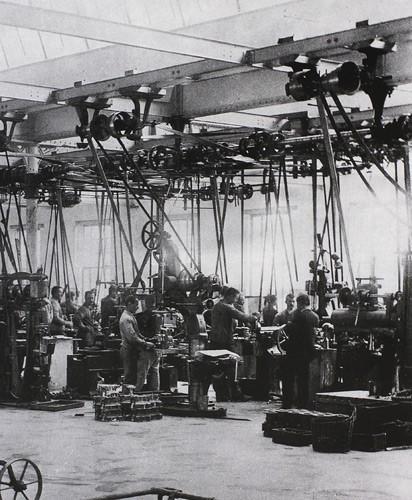
Protestants and economic life
Business and banking, though perfectly secular activities, have retained a durably specific connotation when carried out by Protestants.
Associated notes
-

Frédéric Engel-Dollfus (1818-1883)
Frédéric Engel-Dollfus was a protestant and a textile industrialist concerned about conditions for the working class. -
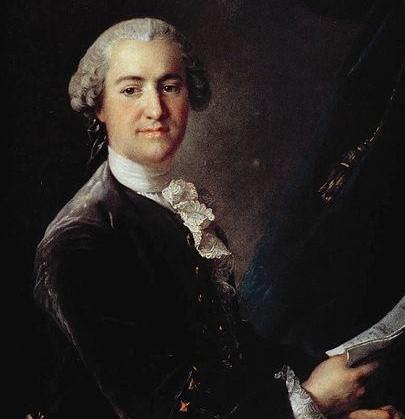
The De Dietrich factories
-
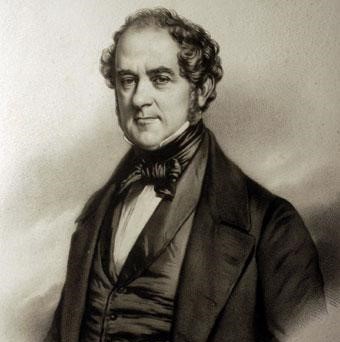
The André family
This prominent family from Nîmes made their fortune in the silk trade. They settled in Paris in the XIXth century and became involved in banking activities. The last member of the... -
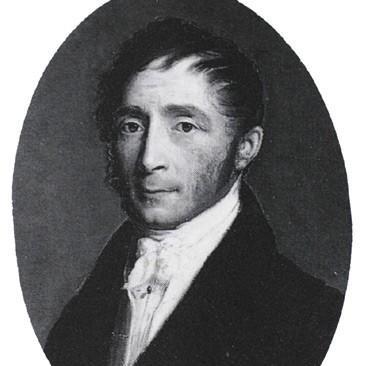
The Schlumberger family
-

The Peugeot family
Since the XVIIth century, the Peugeot family – a Lutheran family from the Montbéliard district – has contributed to the economic growth and social development of France by building an industrial empire... -
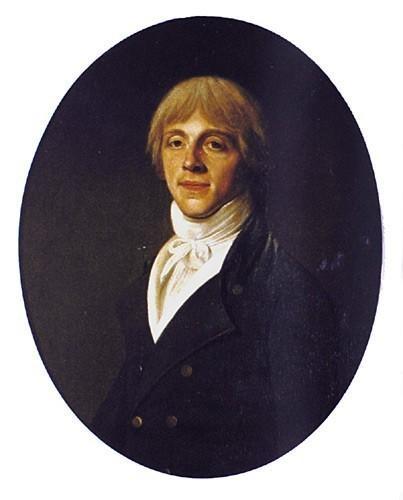
The Delessert Family
The Delesserts were a well-known Parisian protestant family who made valuable contributions to the silk trade and banking ; they also set up the first French cotton mill and founded the...
